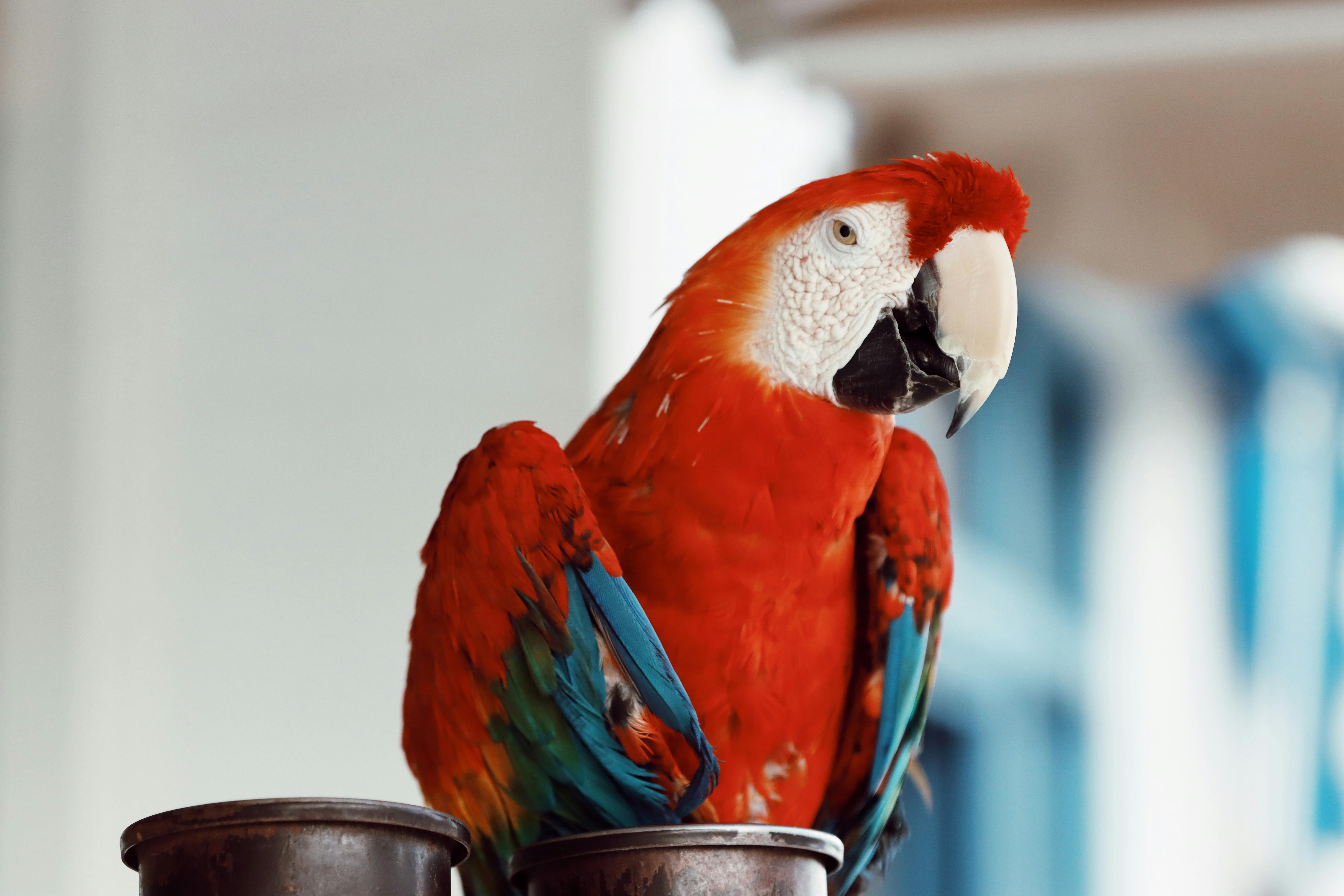Top 5 Foods for Betta Fish to Enhance Growth in 2025
Betta fish are beloved for their vibrant colors and dynamic personalities, but providing them with the right nutrition is essential for their health and growth. Understanding the nutritional needs of your betta, combined with an effective feeding strategy, can significantly enhance their well-being and longevity. In 2025, as we delve into the world of betta fish food, this article will explore the top five foods that can promote optimal growth and health for your little aquatic friends.
Throughout this article, we'll break down the best types of foods available—including best betta fish pellets, flakes, live and frozen options—while also discussing their nutritional values and how to implement them in your betta fish feeding schedule. Our goal is to guide you in making informed decisions that will not only enhance your betta's growth but also improve its overall health and coloration.
Key takeaways from this article include a comprehensive betta fish feeding guide, the importance of dietary variety, and practical tips on food preparation and storage. Let's embark on a nutritional journey that will set your betta fish up for success!
Understanding Betta Fish Nutritional Needs
Before diving into specific food types, it’s crucial to grasp the fundamental nutritional requirements of betta fish. Betta fish are carnivorous, which means their diet should primarily consist of protein-rich foods. A balanced diet will include essential nutrients such as proteins, vitamins, and lipids. This not only supports their growth but also promotes vibrant coloration and overall health.
High protein content is particularly vital for baby bettas during their growth stages. Foods designed for growth and feeding baby bettas should contain at least 35-40% protein. It's also essential to introduce vitamins and minerals to ensure optimal health and longevity.
The right betta fish diet can also positively affect their behavior. Healthy bettas tend to display more vibrant colors and exhibit lively, active behavior. Conversely, poor nutrition can lead to lethargy, dull coloration, and even health issues.
In subsequent sections, we'll look at specific food options that fulfill these nutritional needs while considering factors like availability and dietary variety.
1. Best Betta Fish Pellets
When it comes to convenience and nutritional balance, premium betta fish pellets are often recommended as the core of their diet. These pellets are typically formulated specifically for bettas, containing high protein levels and other essential nutrients. The best betta fish pellets are ones enriched with natural color enhancers, fostering vibrant hues in your fish.
For optimal growth benefits, choose pellets that are small in size to prevent overfeeding and ensure proper digestion. It's also important to monitor the quantity fed; a good guideline is two to three pellets two to three times per day. Overfeeding can lead to unspent energy and poor water quality in your aquarium.
Brands like Omega One and Hikari offer some of the best fish food options available, with many opciones designed specifically for bettas.
2. Betta Fish Flakes
Another common choice is betta fish flakes, which serve as a great supplementary diet. High-quality flakes generally contain a mix of proteins, vitamins, and minerals and are often more palatable for bettas. Look for organic betta fish food brands that utilize high-quality ingredients and avoid fillers.
While flakes can be a healthy option, it's prudent to complement them with protein-rich foods, especially if you aim to enhance the growth and health of your betta fish. Additionally, care should be taken in portion sizes, as overfeeding can lead to uneaten food accumulating at the bottom of the tank, degrading water quality.
It's advisable to feed your betta a combination of both pellets and flakes, providing variety and ensuring proper nutrition.
3. Live Food for Betta Fish
Live food, such as bloodworms, brine shrimp, and daphnia, is an excellent protein source that replicates what bettas would consume in their natural habitat. These foods are not only more enticing to bettas but also promote natural foraging behavior. Live food tends to be higher in nutrients and can stimulate more energetic feeding habits.
When introducing live food, start with small amounts. Betta fish typically thrive on live diets, leading to better growth rates and improved overall health. However, care should be taken to ensure that the live food is sourced from a reputable supplier to prevent any potential diseases in your aquarium.
Offering live food occasionally as treats can spice up your betta's diet and keep them engaged.
4. Frozen Food for Betta Fish
Frozen foods provide a convenient way to deliver high-quality nutrition without the maintenance concerns associated with live foods. Frozen options, including bloodworms, brine shrimp, and other protein sources, retain their nutrients through the freezing process and are readily available in most pet stores.
Frozen food can be served directly by thawing a small portion and rinsing it in tank water before feeding. This ensures that your betta stays healthy, but moderation is key with feeding frequencies—no more than two to three times a week is recommended to prevent overfeeding.
5. Freeze-Dried Food for Bettas
Lastly, freeze-dried foods, such as freeze-dried bloodworms or tubifex worms, can serve as an excellent addition to your betta's diet. These foods maintain much of their nutritional value and are easy to store without refrigeration. They appeal to bettas and can be offered as a treat or part of their regular diet.
Like frozen food, freeze-dried options should only be fed occasionally to avoid dietary imbalances. It's crucial to soak these foods in tank water before feeding to prevent digestive issues.
As with all food types, ensure that you occasionally vary the diet with homemade betta fish food recipes for an enriched feeding experience.

Creating a Balanced Betta Fish Diet
Building on these fundamentals, a truly balanced betta fish diet involves incorporating varied food types. This diversity helps prevent nutritional deficiencies and contributes to the fish's overall vitality. A varied diet that includes high-quality pellets, flakes, live and frozen foods, as well as homemade recipes ensures your betta receives a well-rounded nutrition profile.
Regularly assessing your betta fish’s response to different foods can also help you tailor their diet to suit their preferences while meeting their nutritional needs. Monitoring the health and growth rates of your betta will further inform your feeding schedule and practices.
Ensure you consult a reliable betta fish feeding guide to structure their feeding schedule properly. Ideally, adult bettas should be fed 2-3 times a day with age-appropriate portions, while young bettas may require more frequent, smaller meals to support rapid growth.
Safe Foods for Betta Fish
It is imperative to understand which foods are safe for your betta. Avoid overfeeding and provide a mix of store-bought and homemade options, while ensuring that all are made from high-quality ingredients. Commonly safe additives can include vegetables such as peas, which can aid in digestion. Just remember to ensure all foods are small enough for your betta to consume without choking. Also, learn to recognize the signs of a healthy betta fish, including active swimming and vibrant coloring.
Feeding Schedule and Portion Sizes
A structured betta fish feeding schedule is vital for maintaining health and vitality. Opt for a consistent timetable that allows for a balance of protein and variation. Adequate portion sizes are equally important; typically, 2-3 small pellets or flakes per meal will suffice.
Being consistent with feeding times can create a routine for your betta, which may enhance their feeding behavior and activity levels. Adjust the portions according to the age and size of your fish, while remaining vigilant to prevent overfeeding consequences.
Conclusion
By focusing on providing a diverse and balanced diet, you set the stage for your betta fish's health and growth. Understanding their nutritional needs and incorporating a variety of food options will enrich their lives and promote vibrant, healthy living.
As you've discovered, the best foods for bettas include premium pellets, high-quality flakes, and both live and frozen options. It is also crucial to maintain a consistent feeding schedule and avoid common pitfalls like overfeeding. Ultimately, being conscientious about their diet will ensure that your betta fish thrive well into the future.

